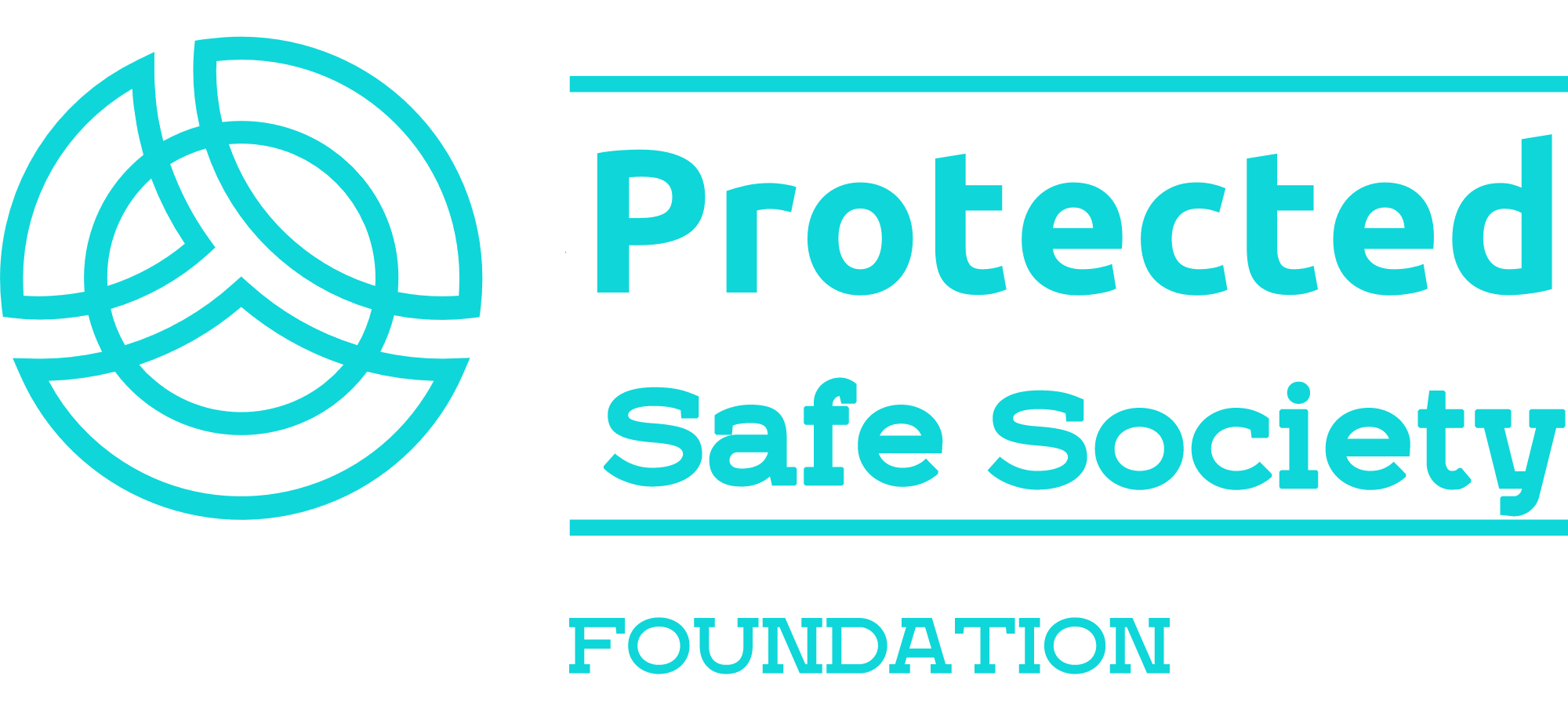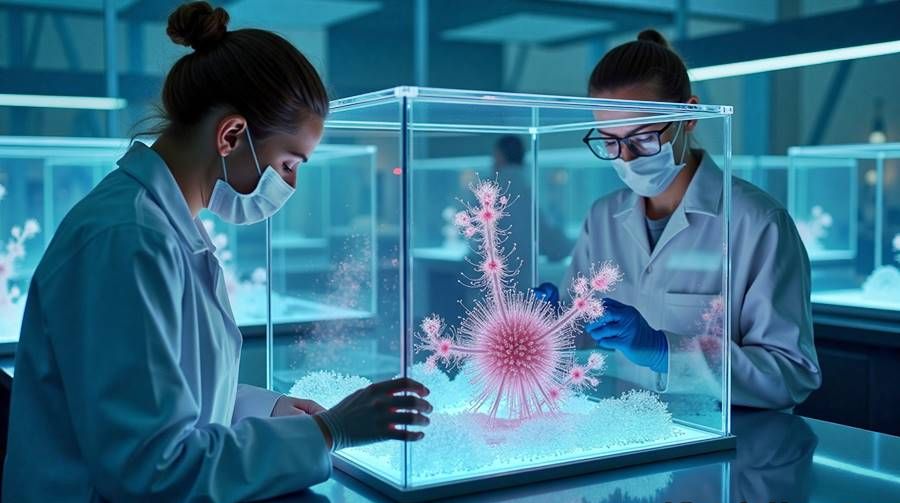Although Dr. Frankenstein’s creation was a horrific life form assembled from body parts, Dutch researchers take a completely different, scientific approach…
Although Dr. Frankenstein’s creation was a horrific life form assembled from body parts, Dutch researchers apply a completely different, scientific approach, aiming to build artificial life completely from scratch.
Their goal is to create efficient synthetic life forms, going beyond the sometimes ineffective results of nature’s evolutionary processes. The BaSyc (Building a Synthetic Cell) consortium, which brings together six leading research institutes, aims to perfect the basic mechanisms of life. In two new studies, BaSyc researchers have made significant progress towards achieving this ambitious goal. (1)(2)
Creating Synthetic Life
The goal of BaSyc, launched in 2017, is to create a synthetic cell, the simplest unit of life. A significant support, provided by the Dutch Ministry of Education, Culture, and Science, as well as the Netherlands Organisation for Scientific Research (NWO), granted 18.8 million euros to kickstart the project. Predictions suggest that the program might reach its goal over the next two to three years.
“The ultimate goal of the program is to create synthetic life-like systems capable of independent growth, division, and self-maintenance,” said Dr. Bert Poolman, professor of biochemistry at the University of Groningen and leader of the BaSyc team. “These will be different from known living cells but will possess these fundamental properties.”
Energizing Artificial Cells
In natural cells, mitochondria serve as an energy source, utilizing various components. BaSyc researchers, however, simplified this natural process, reducing it to just five elements in a two-part synthetic system. In contrast to evolution, the researchers work with the final goal of the system in mind, allowing them to develop precise solutions at a fundamental level.
In this simplified system, the process occurs in tiny, cell-like structures called vesicles. The first vesicle in the cycle begins with the uptake of ADP and an amino acid called arginine, then produces ATP by burning arginine, which serves as the energy carrier for cells. A second vesicle then uses the ATP, converting it back to ADP, releasing the necessary energy for growth and division.
“Negative unity” vesicle
The BaSyc team also developed a vesicle that functions as an electrical circuit, generating a negative charge. Testing revealed that when enzymes are added to lactose, the system oxidizes it, creating NADH, a key coenzyme in cell metabolism.
“The biggest challenge is integrating the modules and creating conditions out of equilibrium,” said Dr. Poolman. “Nature naturally balances these conditions, but we are building systems that optimally work for multiple modules.”
Approaching Synthetic Life
Despite the significant progress made by BaSyc, there is still a long way to go before synthetic cells become a reality. Nevertheless, plans for the next steps are already in place: after the conclusion of the BaSyc program, EVOLF (Evolving Life from Non-life), a new research project, will take over, funded by another 40 million euros of research support from the Netherlands Organisation for Scientific Research (NWO). EVOLF aims to achieve further milestones in synthetic biology building on the work of BaSyc.
“We are still at least ten years away from creating a fully synthetic, life-like system,” said Dr. Poolman. “In the meantime, we are learning a lot about biological mechanisms and discovering surprising properties that emerge when we combine biological components, which would be hard to observe in complex living cells.”
These newly discovered properties, not found in individual components, provide a blueprint for a completely new life-like system – a blueprint currently missing in science. Poolman pointed out that the next steps include integrating the ATP-producing module with the proton-driving force module. This would allow synthetic cells to perform energy production in a manner akin to mitochondria but in a much simpler form.
“Currently, we are working on the integration of the ATP-producing module with lipid synthesis, allowing membrane expansion,” said Poolman. He added that in the near future, modules responsible for division and protein synthesis will be integrated with the collaborative efforts of Dutch and international colleagues.
Redefining the Basics of Life
The BaSyc program and its successor, EVOLF, not only offer a more precise understanding of life mechanisms but also provide an opportunity to redefine what life means. By simplifying and reconstructing nature’s complex systems in a controlled environment, researchers can uncover principles that have not been fully understood due to the extremely complex processes occurring in natural cells.
The creation of such synthetic cells raises serious ethical and scientific questions, as the artificial creation of life has long been one of humanity’s greatest scientific challenges. While this technology is far from being ready for practical application, the scientific world is already focused on the work of Dutch researchers and their colleagues.
In the coming years, synthetic biology is expected to further evolve, leading to new fundamental discoveries that can have applications not only in understanding life but also in fields such as medicine, biotechnology, and many other scientific areas. As Dr. Poolman emphasized, each discovery represents a step closer to mapping and understanding the fundamentals of life.
Such artificially created cells could be capable of performing functions that could be key to the future of biotechnology, including sustainable energy production, self-sustaining systems, and intelligent bioengineering solutions. Humanity may now be closer than ever to not only understanding the basics of life but also recreating them with our own hands.
💘love
💘love
😡anger
😡anger




